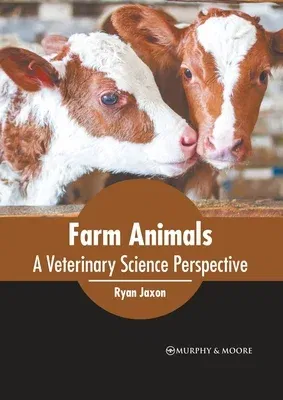Farm animals or livestock are animals that are raised in an agricultural
setting for the production of meat, milk, eggs, fur, wool or leather.
This includes animals such as sheep, cattle, swine, poultry, goats, etc.
Traditionally, farm animals were not confined within enclosures,
allowing them the freedom to forage for food. Such practices have now
mostly been replaced by intensive animal farming. Poultry are kept in
cages or barns under controlled conditions, while dairy cows and beef
cattle are kept in high density feedlots or in zero-grazing conditions.
This leads to an increased susceptibility to developing internal and
external parasites, and other diseases. To avoid such circumstances from
arising and for optimal production, proper feeding, hygiene, good
husbandry and veterinary care are essential. Routine vaccinations and
use of antibiotics when necessary can prevent many diseases from
occurring. Such measures can prevent the spread of contagious diseases
between animals, and between animals and humans. The topics included in
this book on farm animals are of utmost significance and bound to
provide incredible insights to readers. While understanding the
long-term perspectives of the topics, the book makes an effort in
highlighting their impacts as a modern tool in the sustenance of animal
health and welfare in the farm. With state-of-the-art inputs by
acclaimed experts of this field, this book targets students and
professionals.

